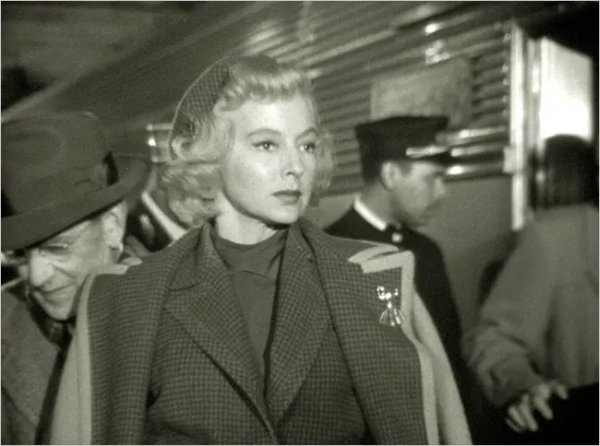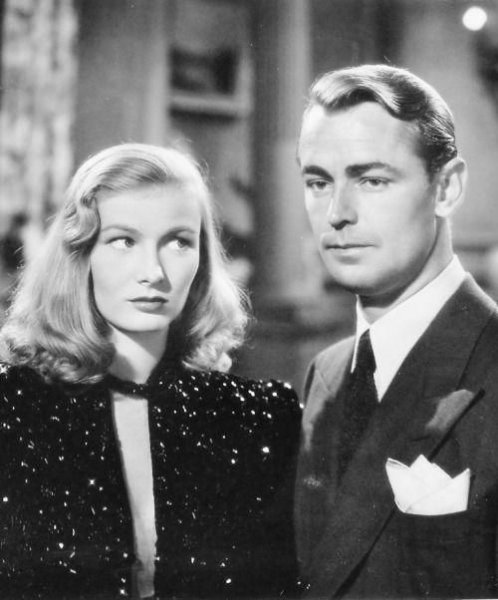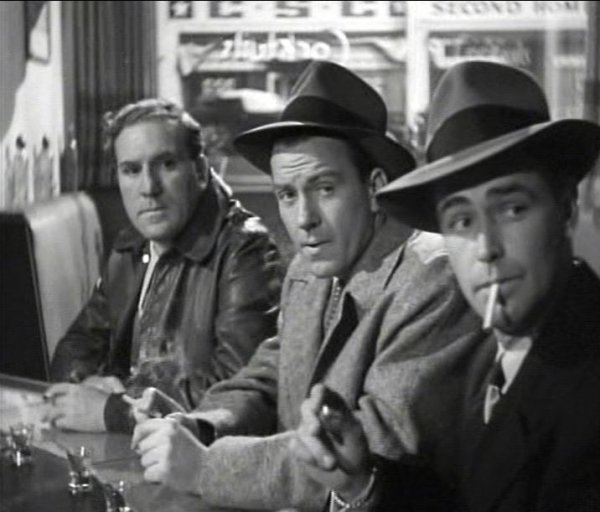Rats Rateye
New in Town
- Messages
- 40
- Location
- Wisconsin (The Frozen Tundra)
Looking forward to it. I just have to wait for my local library (Who would have known that libraries have good movies available?) to have it returned and delivered.View attachment 312964
Forsaking All Others from 1934 with Joan Crawford, Robert Montgomery and Clark Gable
Forsaking All Others starts out as a harsh look at a woman publicly and painfully jilted at the altar. And while it maintains its focus and energy initially, it, unfortunately, loses both in the last third.
As the movie opens, we see childhood sweethearts Joan Crawford and Robert Montgomery seemingly ecstatic to be getting married. Also in town for the wedding is the couple's mutual childhood friend, Clark Gable, who is carrying a covert torch for Ms. Crawford.
But the fly in the ointment for this one is Montgomery's ex-girlfriend Frances Drake (I know, even as a stage name, it's a bit of an odd nod to history). Despite being an obvious and manipulative witch-with-a-B, she convinces Montgomery to jilt Crawford and elope with her the night before the planned marriage - ouch.
And while, as was oddly common in Depression-era movies, this is a tale of rich people doing stupid rich-people things, Crawford's pain and humiliation are real. After recuperating from the shock in a very nice cabin in the woods, where Gable comes by to comfort her as a friend, Crawford returns to society and quickly begins having an affair with, now, unhappily married Montgomery.
Here's where the movie, which up till this point is a reasonably poignant and real-to-life tale of a woman left at the alter, gets goofy as we see her and Montgomery "escape" from the city only to have a prank-and-pitfall-filled day in the country resulting in them staying over night, but obviously not having sex (thank you silly Motion Picture Production Code for that nonsense).
After that, we jump forward (I'm guessing) about a year where, once again, Crawford and now-divorced Montgomery are to be married the next day. However, (spoiler alert) this time, at the last moment, Crawford sees that reliable-and-decent Gable and not the nice-but-frivolous Montgomery would make the better husband. Hence, she now returns the jilt of a year ago and leaves Montgomery all but at the altar as she, literally, sails away with Gable.
It's not a bad movie, but the restrictions of the Production Code and a rushed last third addled the effort. Had it been made a year earlier in the pre-code era, instead of a screwball day in the country of not having sex, Crawford and Montgomery, cheating on his wife, would have been shacked up somewhere while the wife stewed. Not nice, but life is often not nice.
Also, instead of a bemused, but cheerful Montgomery waiving Crawford and Gable goodbye at the end, pre-code Montgomery would have been more solemn and reflective about the mess that he's made of his life and relationships. The three leads have enough talent to hold this wobbly toward the end effort together, but one can see the better pre-code movie suffocating inside this code-approved one.
N.B. There is some very real and rapid dialogue early on as Crawford, Montgomery and Gable discuss the fallout from Crawford's jilting. It is refreshingly frank and visceral, but unfortunately, that quality of writing all but disappears by the last third of the movie. Separately, if you do watch it, look for the roadside hamburger shack scene - great time travel to a place you'd love to visit (I tried, but couldn't find a pic of it anywhere).





